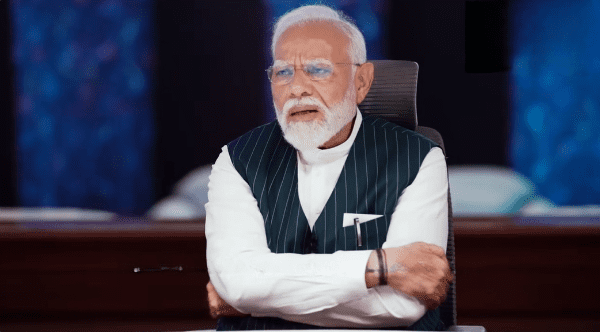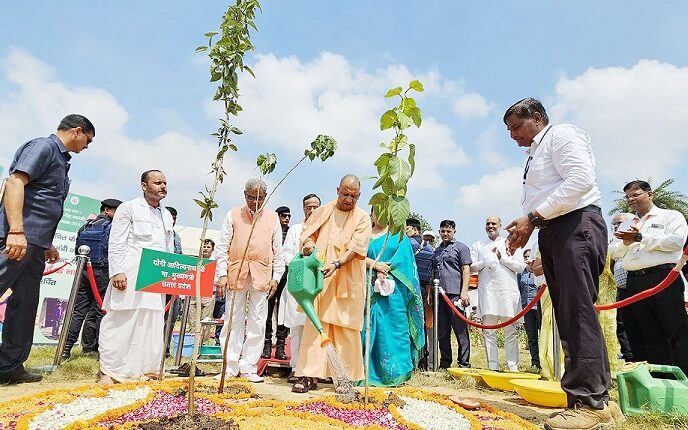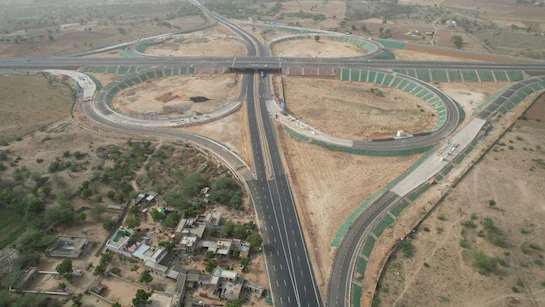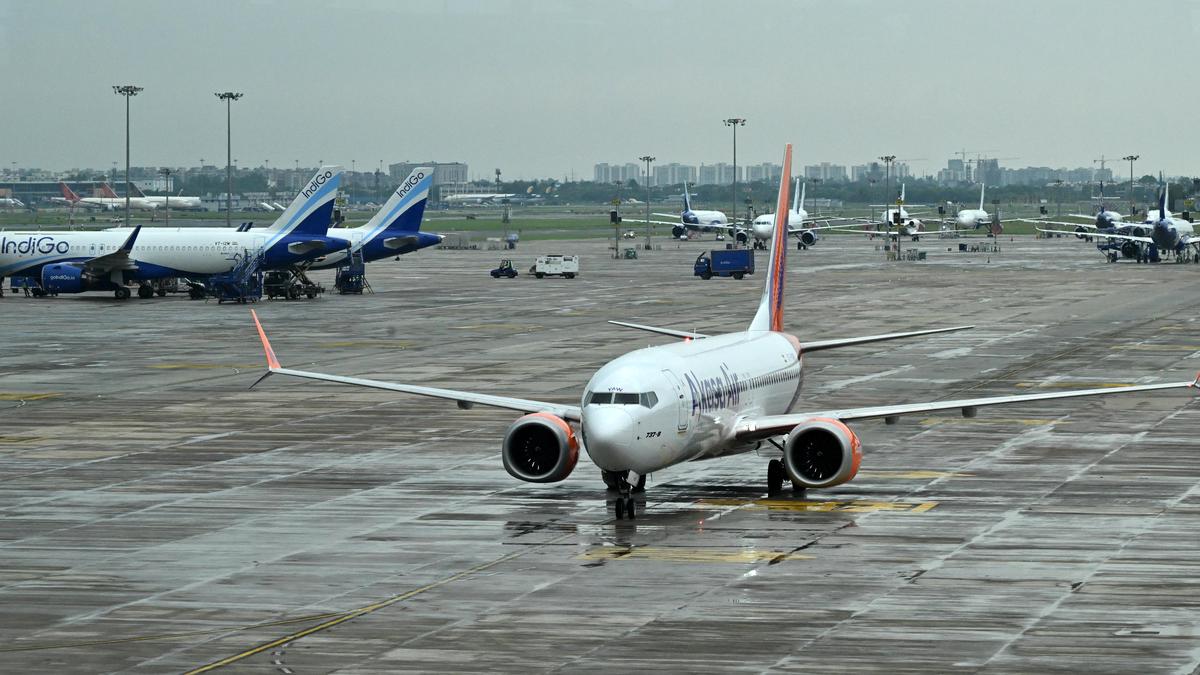Prime Minister Narendra Modi shared his views on the idea of a regulatory body for gaming. The Prime Minister’s stance was clear – he believes that regulation may not be the ideal solution, given the inherent nature of government to intervene.
“To regulate would not be ideal because it is the nature of government to intervene, that is its fundamental nature,” said PM Modi. He further elaborated that the government’s role should be to either impose restrictions under the law or try to understand and mould it based on our country’s needs.
The Prime Minister advocated for bringing gaming under an organised, legal structure to uplift its reputation. “Once that is achieved, it will be hard for anyone to bring it down,” he added.
PM Modi’s vision for the nation is to uplift it to a level where, by 2047, the middle class does not require unnecessary government intervention. He expressed concern that without this upliftment, we would remain trapped in the cycle of paperwork, documents, and legal systems.
He emphasized that it is the poor who need the government the most in difficult times. This statement underscores his belief in the importance of government support for the most vulnerable sections of society, while also advocating for less bureaucracy for the middle class.
This interaction has sparked a conversation about the future of gaming in India, the role of government in regulating industries, and the balance between intervention and self-regulation.




